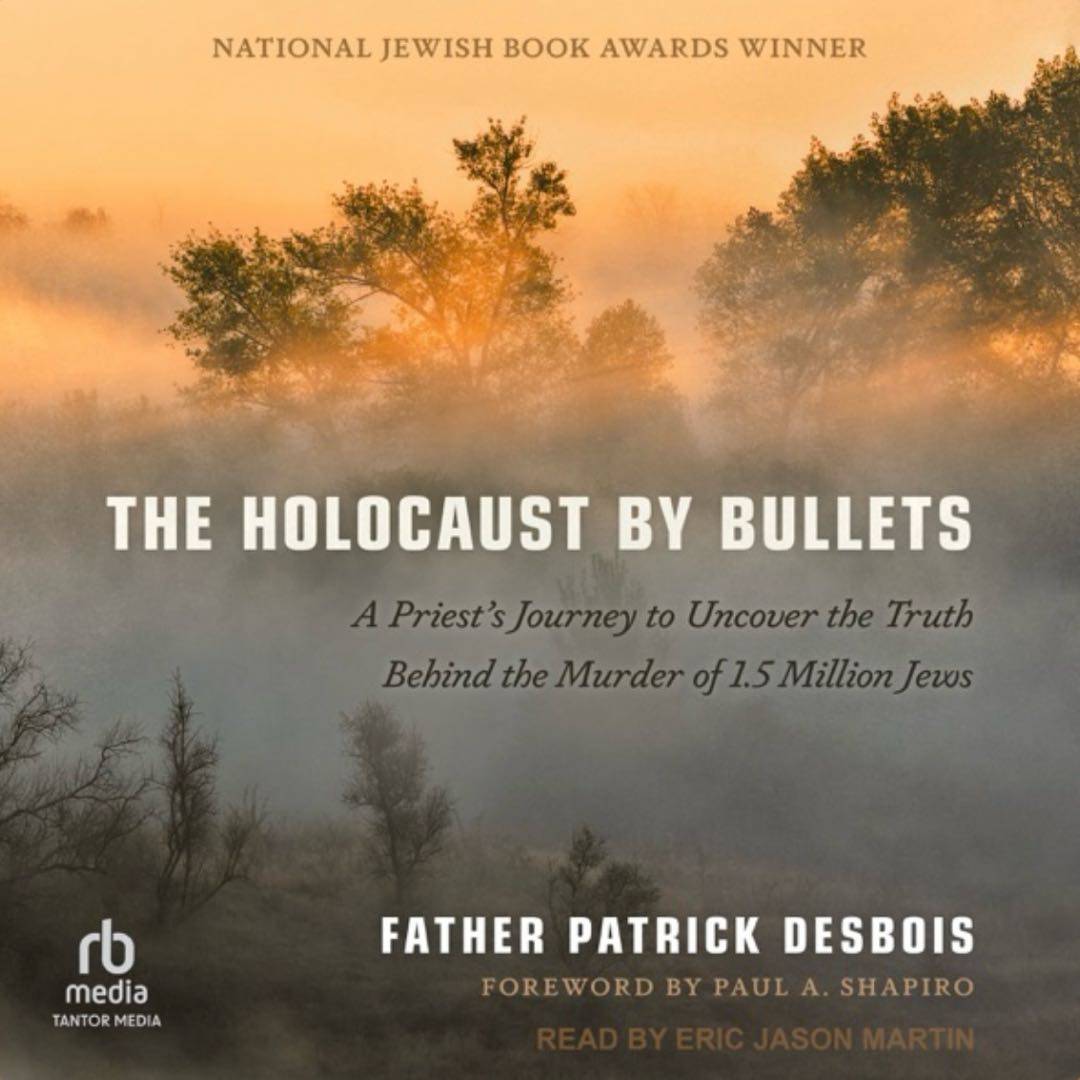
I guess I didn‘t expect this to be a memoir. Still intriguing and helping to block out all of the bleeding football.
#FatherPatrickDesbois #TheHolocaustOfBullets #audiobook

I guess I didn‘t expect this to be a memoir. Still intriguing and helping to block out all of the bleeding football.
#FatherPatrickDesbois #TheHolocaustOfBullets #audiobook
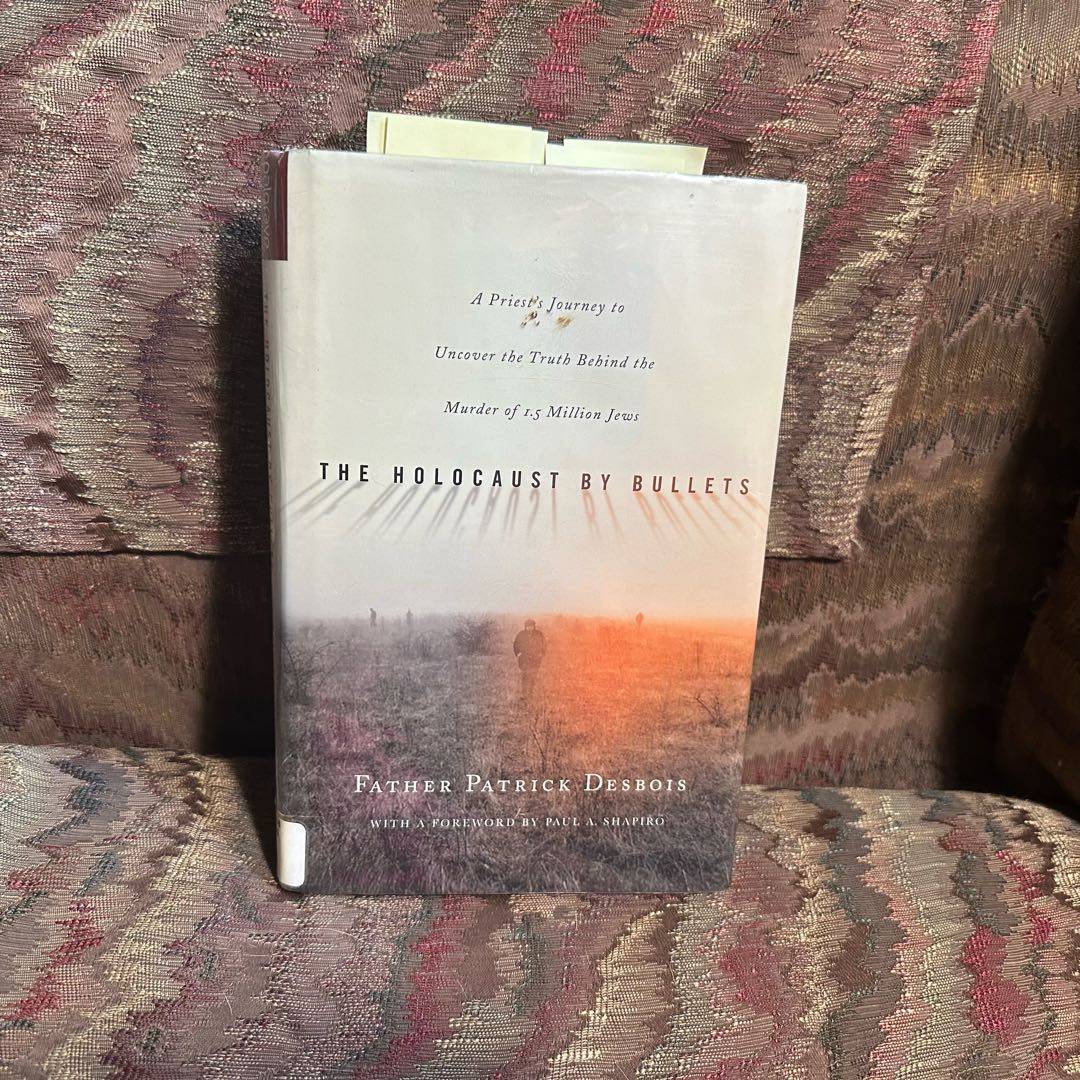
“Every witness is unique,a living protest of sorts against the abject annihilation of the memory of his assassinated Jewish neighbors”(145).Why have I read this month 3 books addressing the holocaust,1 through a photograph,a 2nd,historical fiction following a real child,& this one, through bullets? I think I am seeing so many parallels to our president‘s attempt to turn this country into a dictatorship-I need the concrete.#MondayMood 🤬😡😢😭
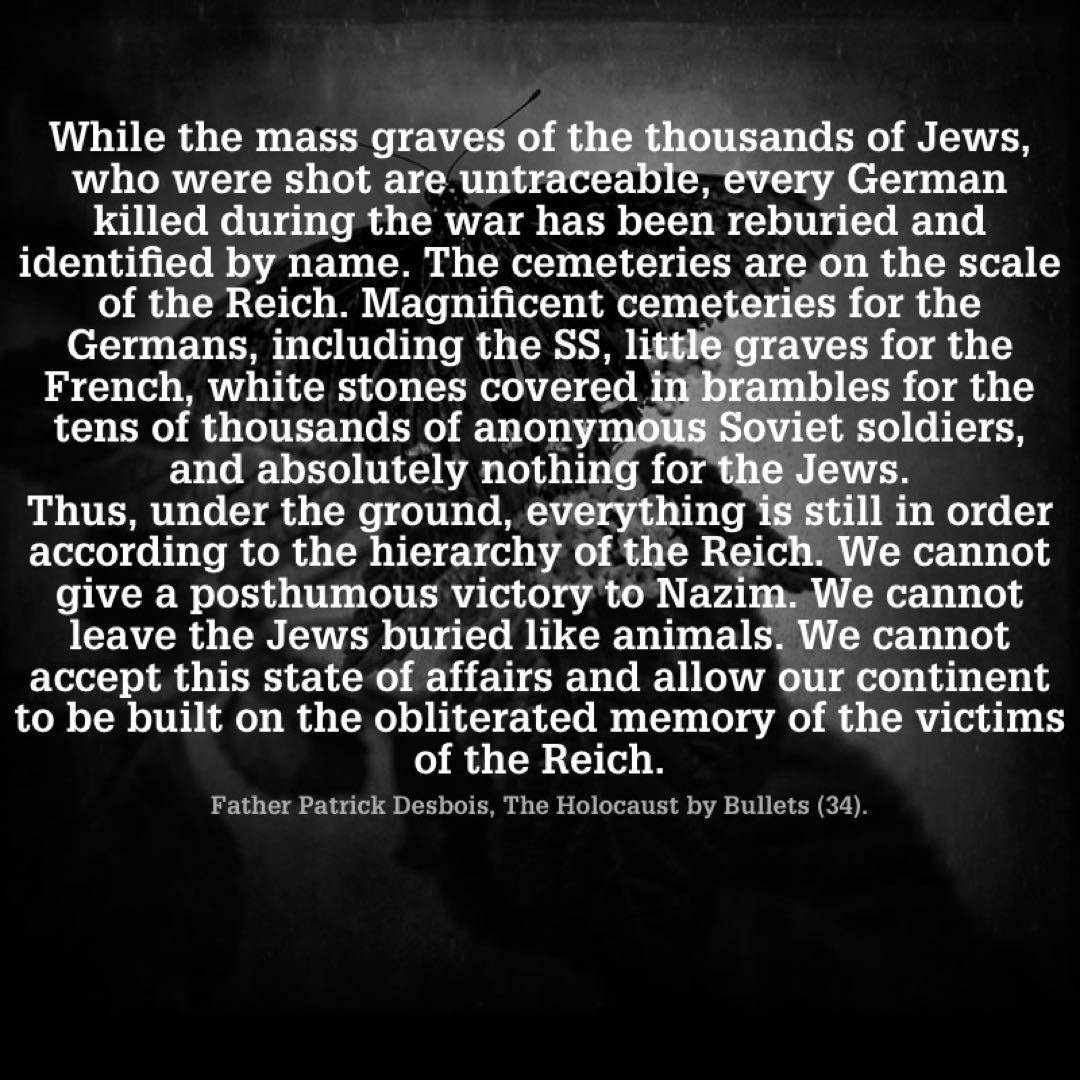
Father Patrick Desbois‘s passionate commitment to honoring the 1.5 million Jews who died by bullets.
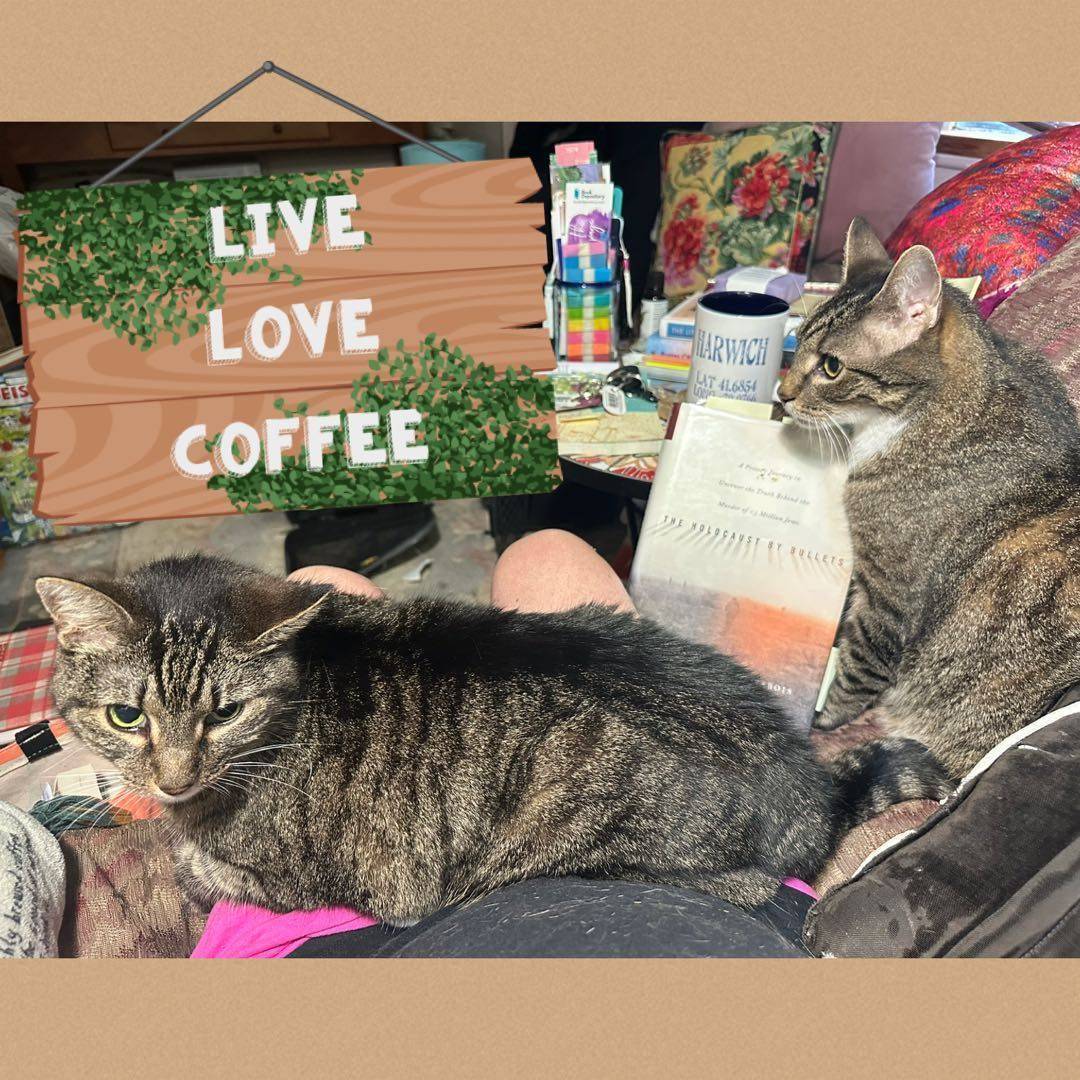
Early morning coffee, a book & my snuggly cats. What a satisfying way to start my day. ☕️📙😻😻
#MondayMood
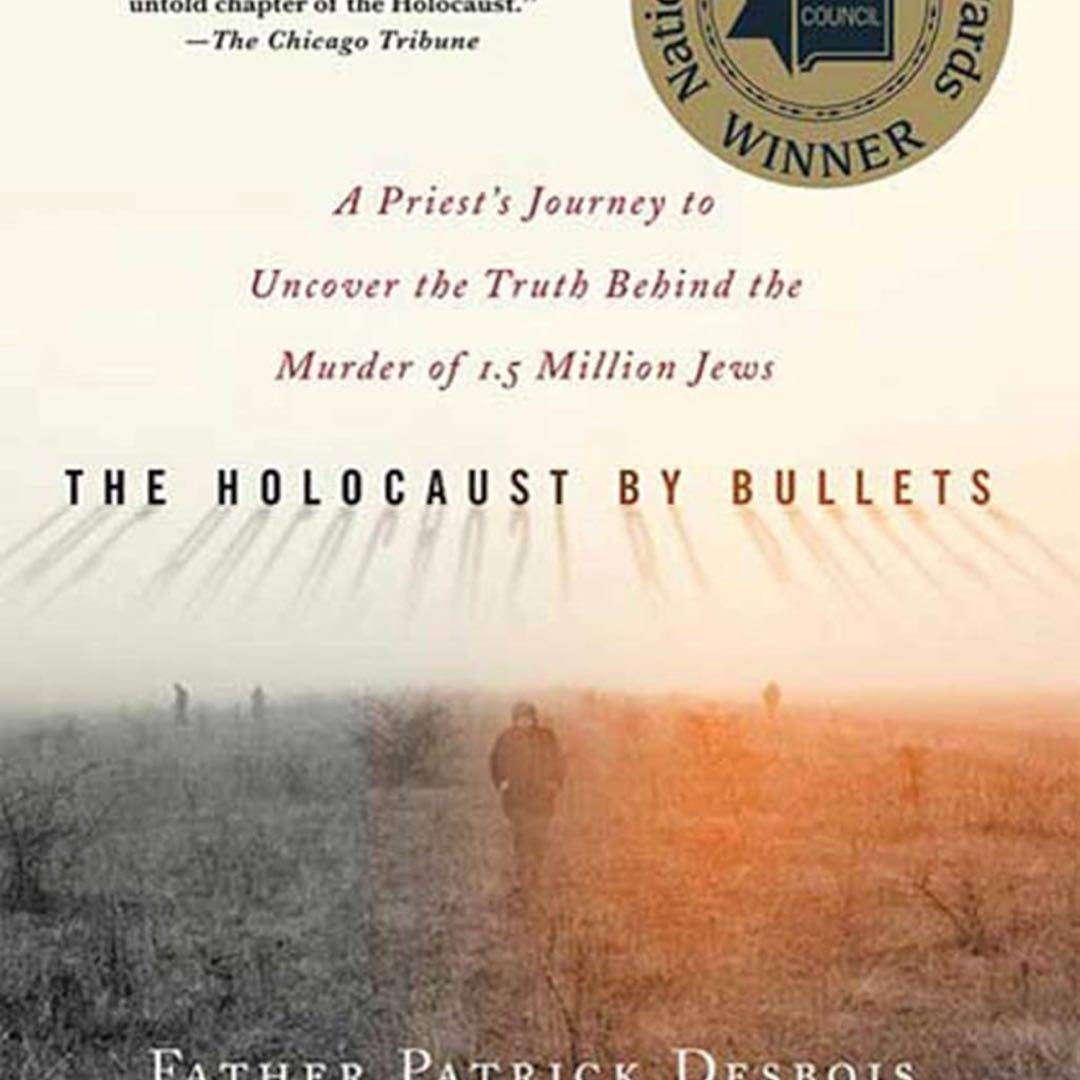
This is a library book that was referred to in the book Ravine by Wendy Lower. Started it today. Like her book, it is a record of a holocaust by bullets rather than death camps, mostly in Eastern Europe. #toomanybookstoolittletime #libraryhold
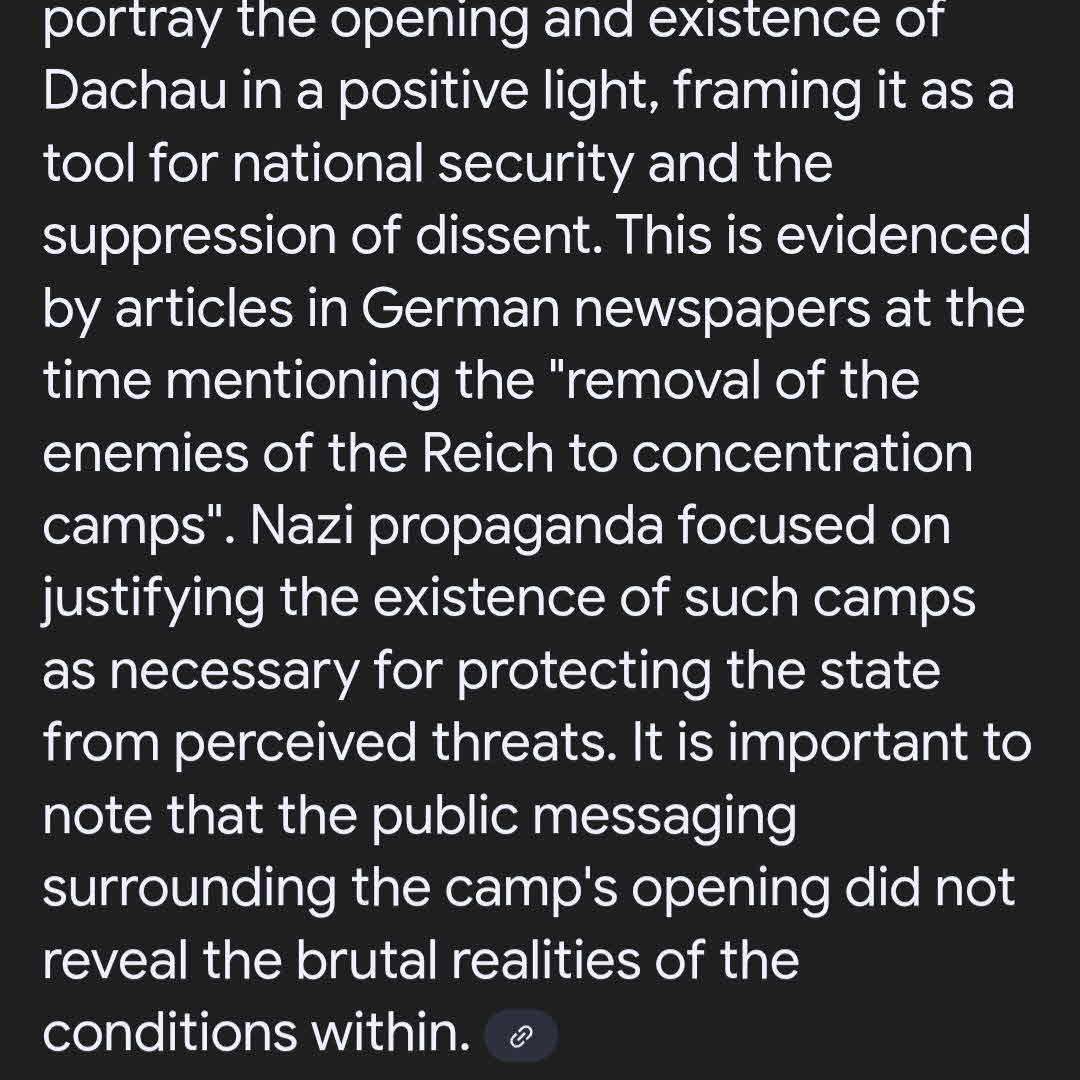
I will not call this "Aligator anything", no this is Donald's Dachau...the 1st concentration camp established by the Nazi's. They were so proud of their 1st concentration camp that they would have sold merch if they could have too.
If you're feeling hopeless, overwhelmed and like you have no control over any of this...remember calling it what it is , a concentration camp is resistance. Joy is resistance, knowledge is resistance. Resist